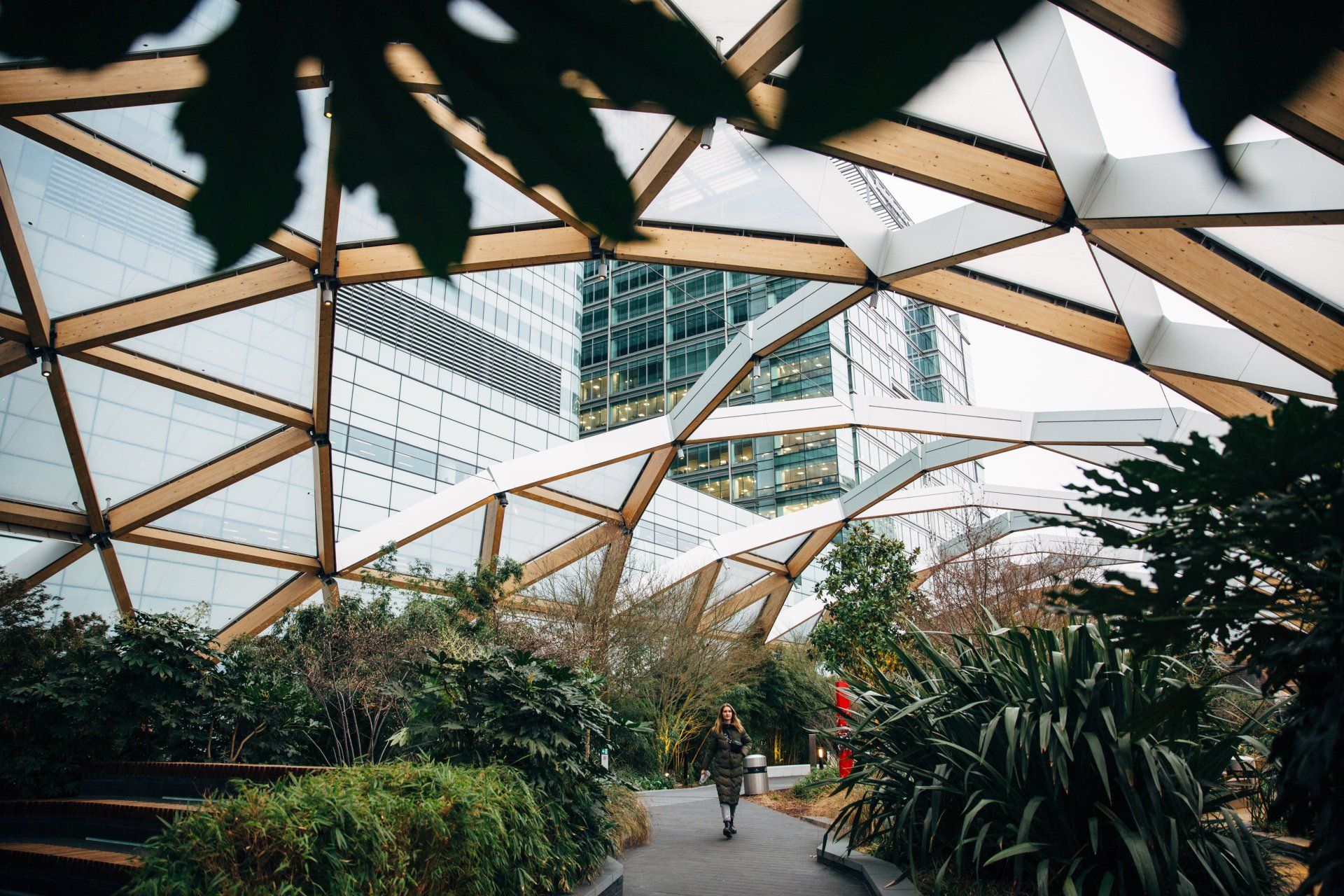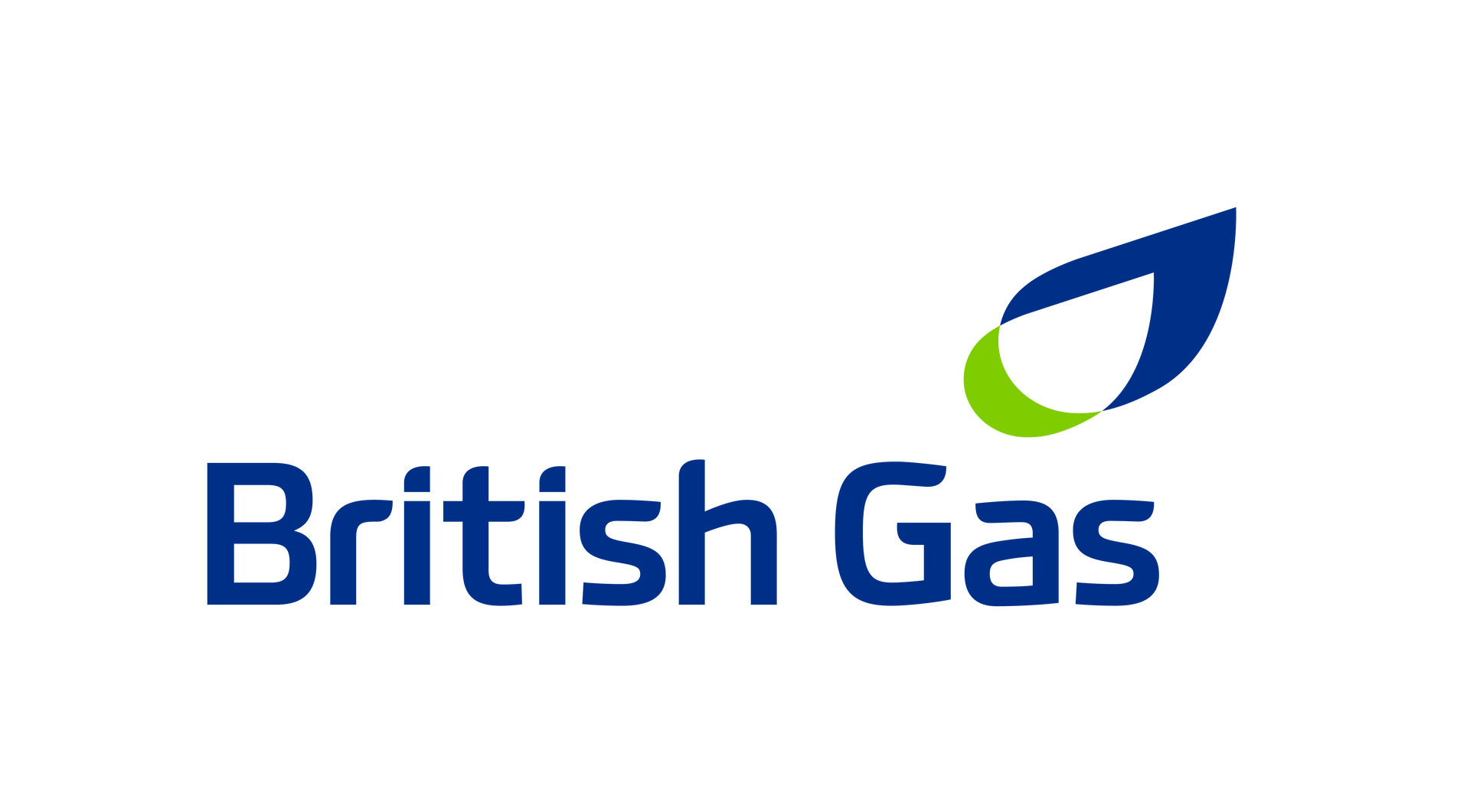A third of the biggest businesses in the UK have made commitments to eliminate their contribution to climate change by 2050 or sooner.
The race to net zero
Businesses are leading the way in the world’s transition to a low carbon economy, with 30 of the UK’s FTSE 100 companies signing up to the United Nation’s Race to Zero campaign. This campaign is the largest global alliance committed to achieving net-zero carbon emissions by 2050 at the latest – backed by science-based targets.
Pledges to the campaign have doubled over the last five months, with companies including AstraZeneca, Barratts, BT Group, Rolls-Royce, Sainsbury’s, Unilever and Vodafone all committing to net-zero goals – representing a total market capital of £650 billion. Businesses ranging from all sectors including transport, technology and finance have joined more than 2,000 companies globally that have joined the Race to Zero campaign.
Business and Energy Secretary Kwasi Kwarteng said: “UK businesses are already leading the way in cutting carbon emissions and building back greener – it is fantastic to see so many of our biggest companies already pledging to reach net-zero… But more can be done and so today I am calling on more fantastic British companies to step up, follow suit and pledge to join the fight against climate change.”
Government measures
The government is also putting in place measures that encourage businesses to reduce their emissions, including appointing Andrew Griffith as Net-Zero Business Champion last year to spur companies to set ambitious climate targets. He has since written to every UK FTSE 100 company, engaged directly with 77 of their chairman and CEOs and presented to thousands of businesses at virtual events across the UK.
Business and Energy Secretary Kwasi Kwarteng said: “Businesses wield incredible influence to drive change across society and the economy – we need to harness this power to fight climate change”.
Our net-zero pledge
We recognise the urgent need to make net-zero a reality, so as part of Centrica we’ve committed to reaching net-zero by 2045. Alongside this, we’ve committed to helping businesses reach net-zero by 2050. Find out more about what net-zero means and the pathway your business can take to become sustainable below.




